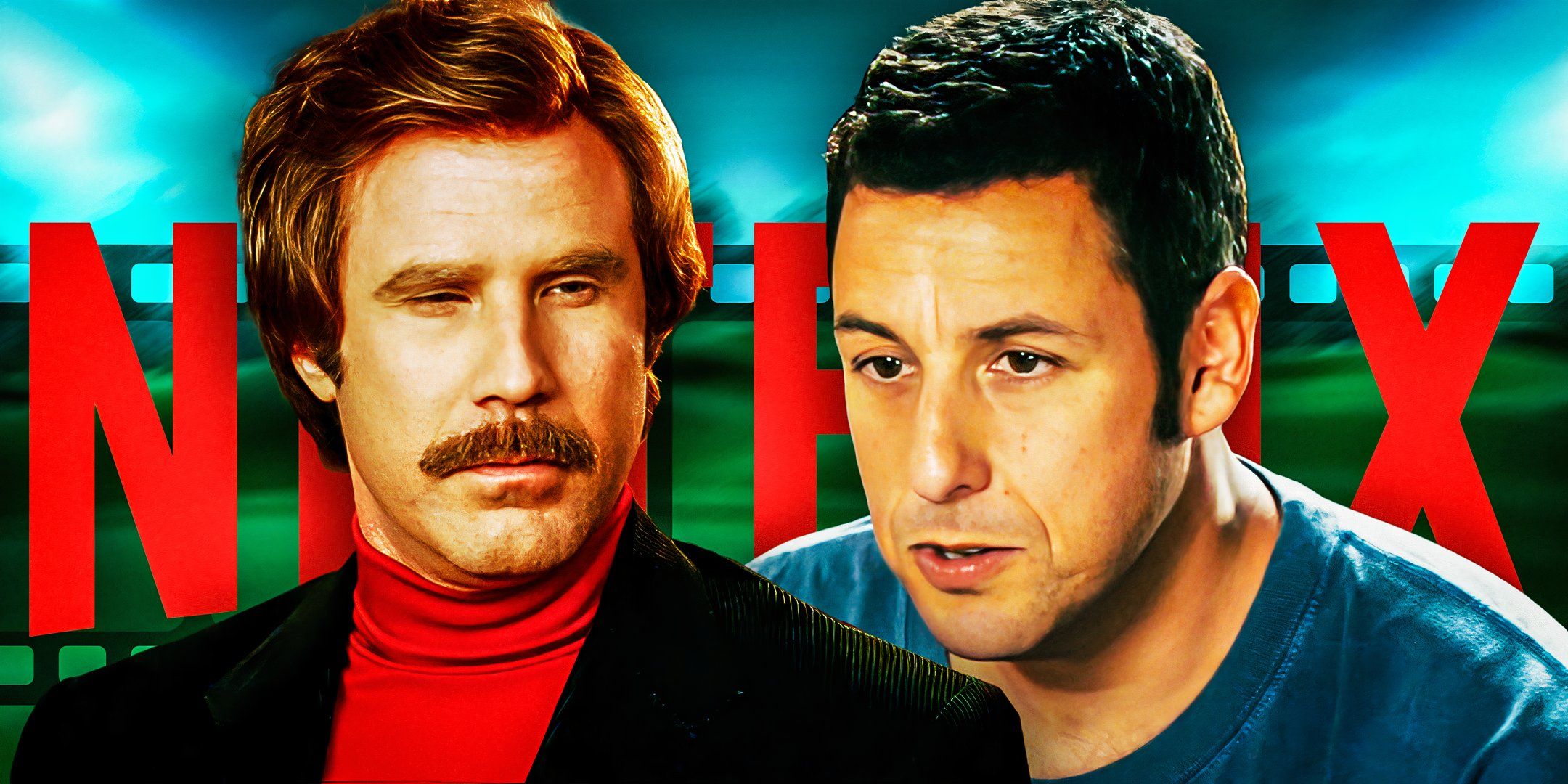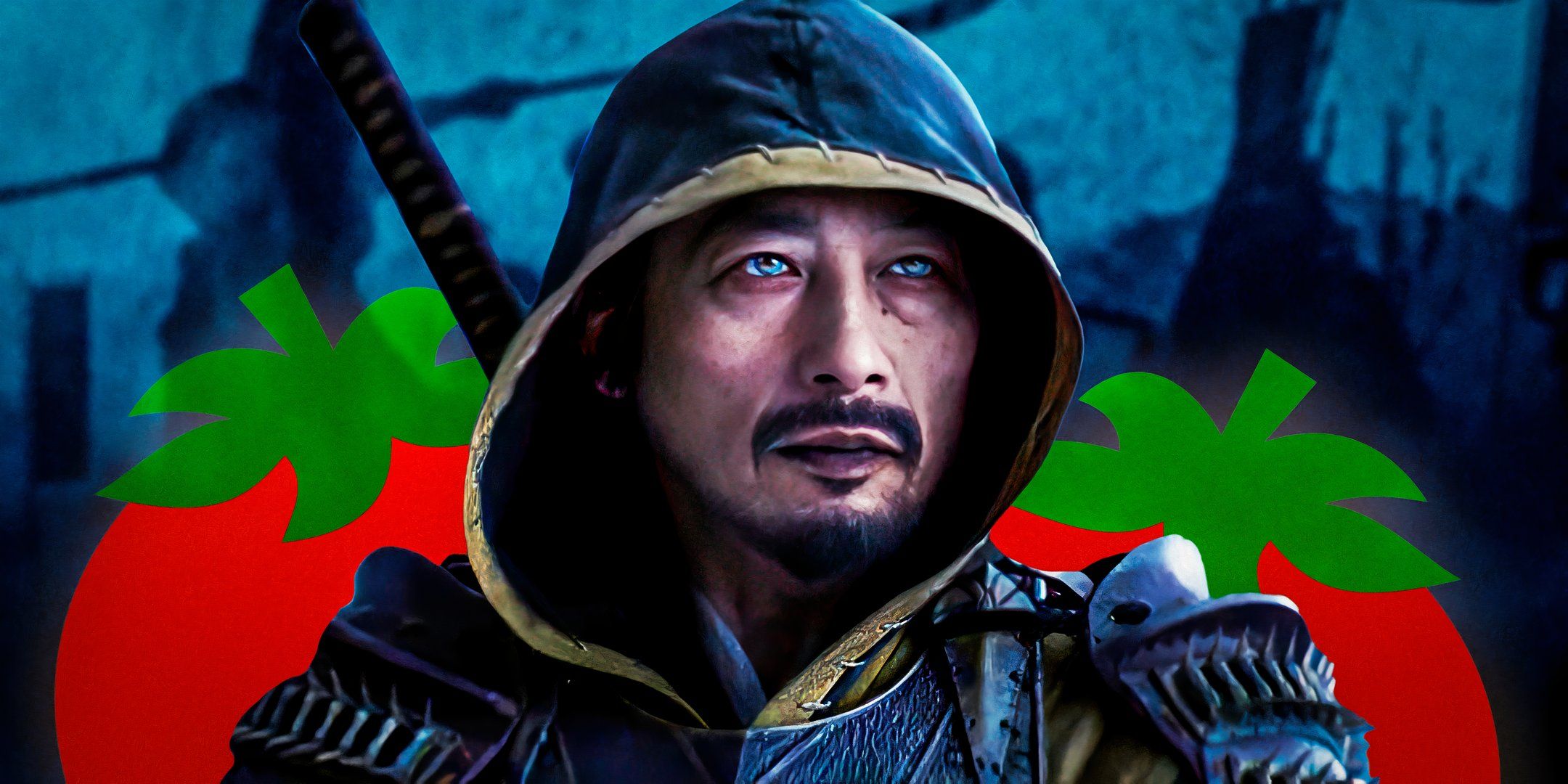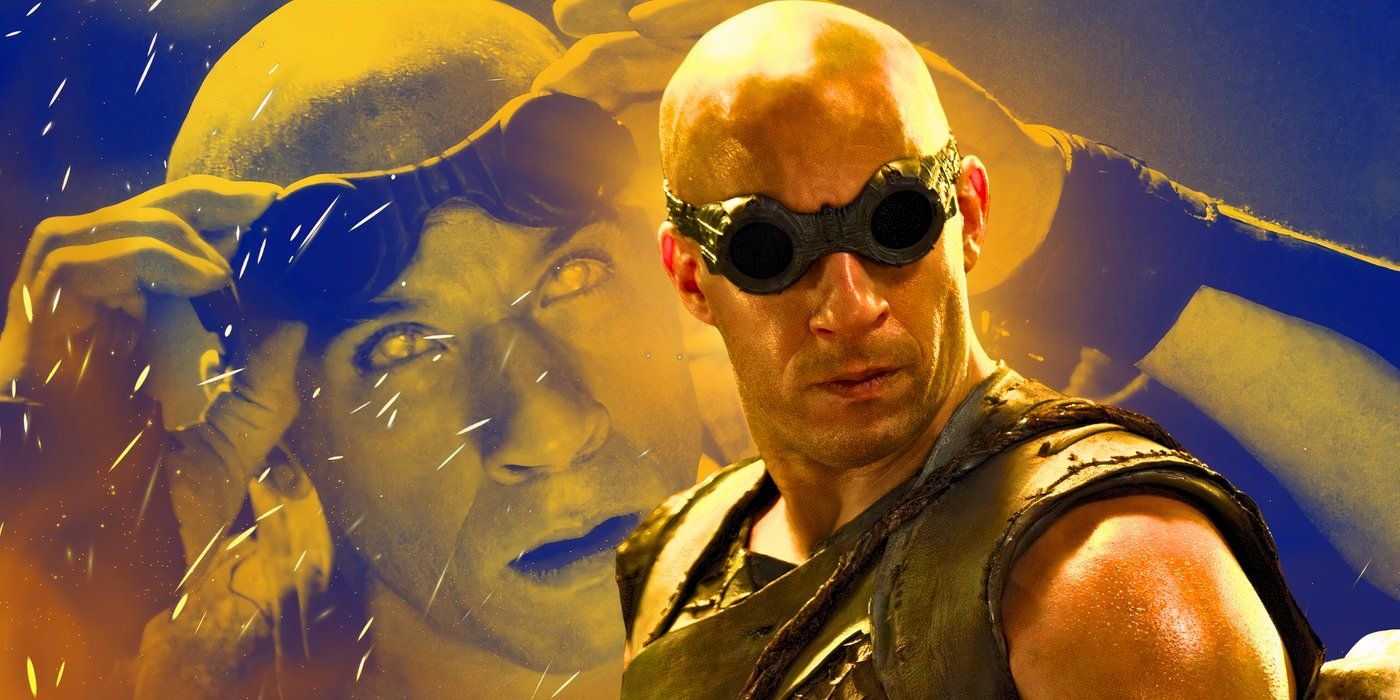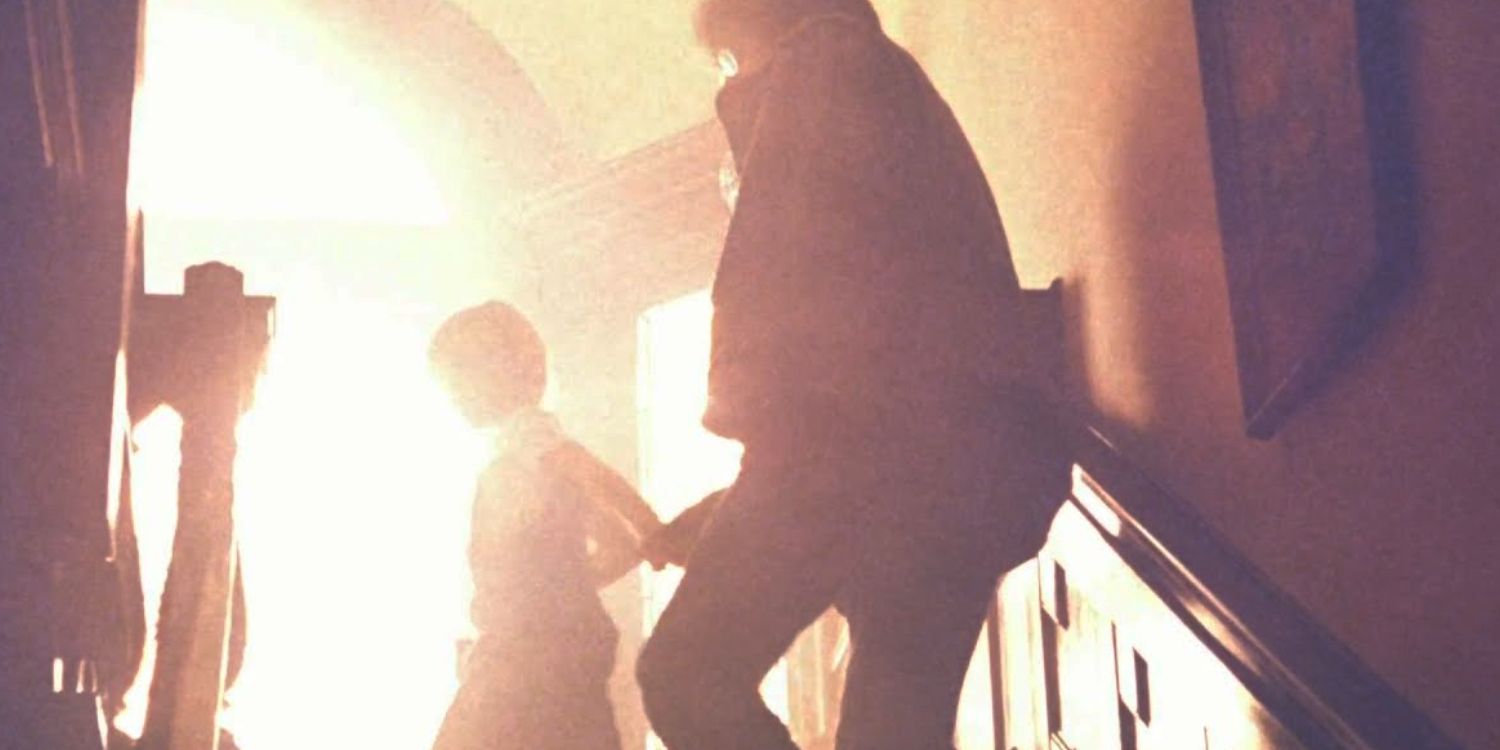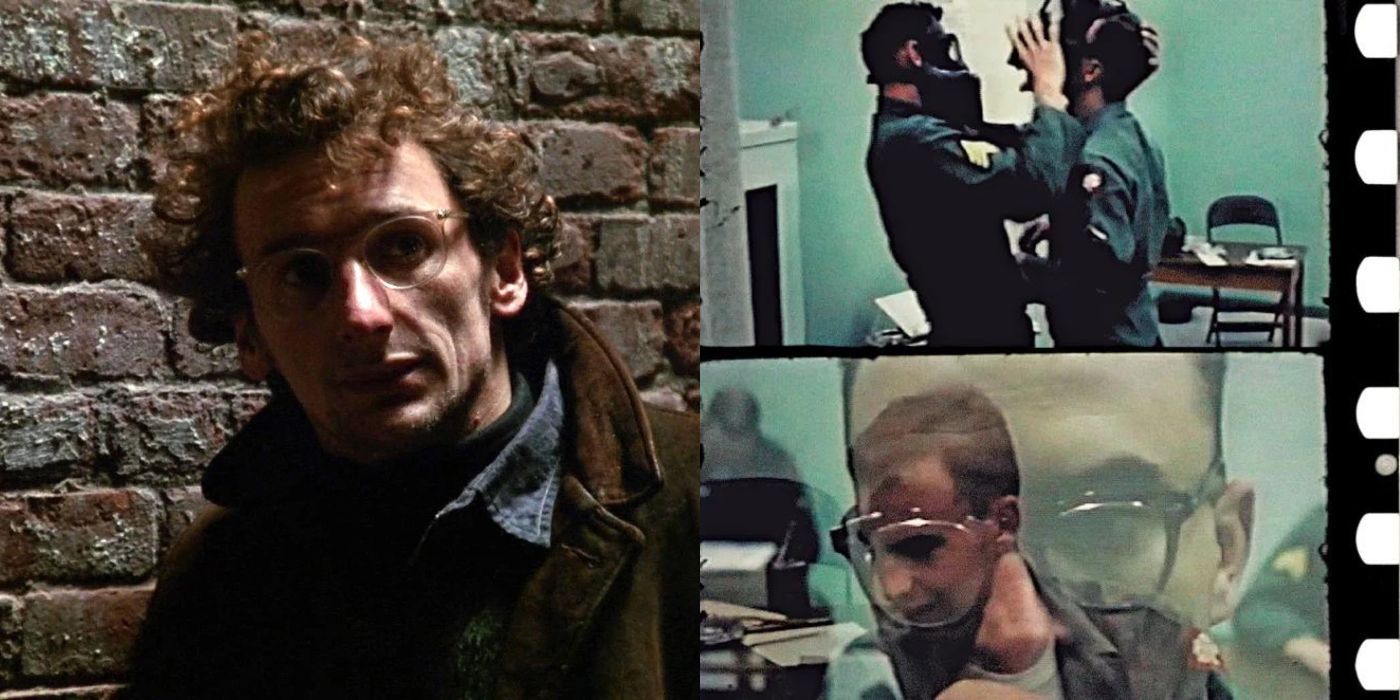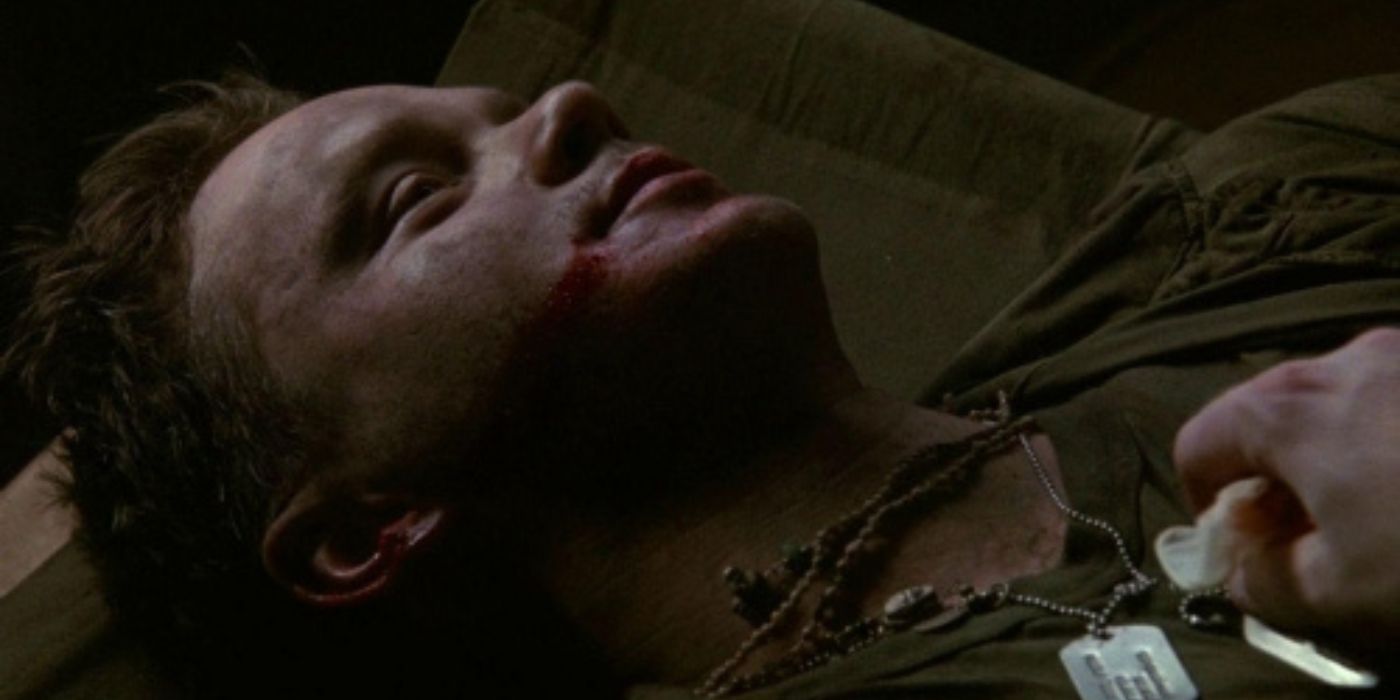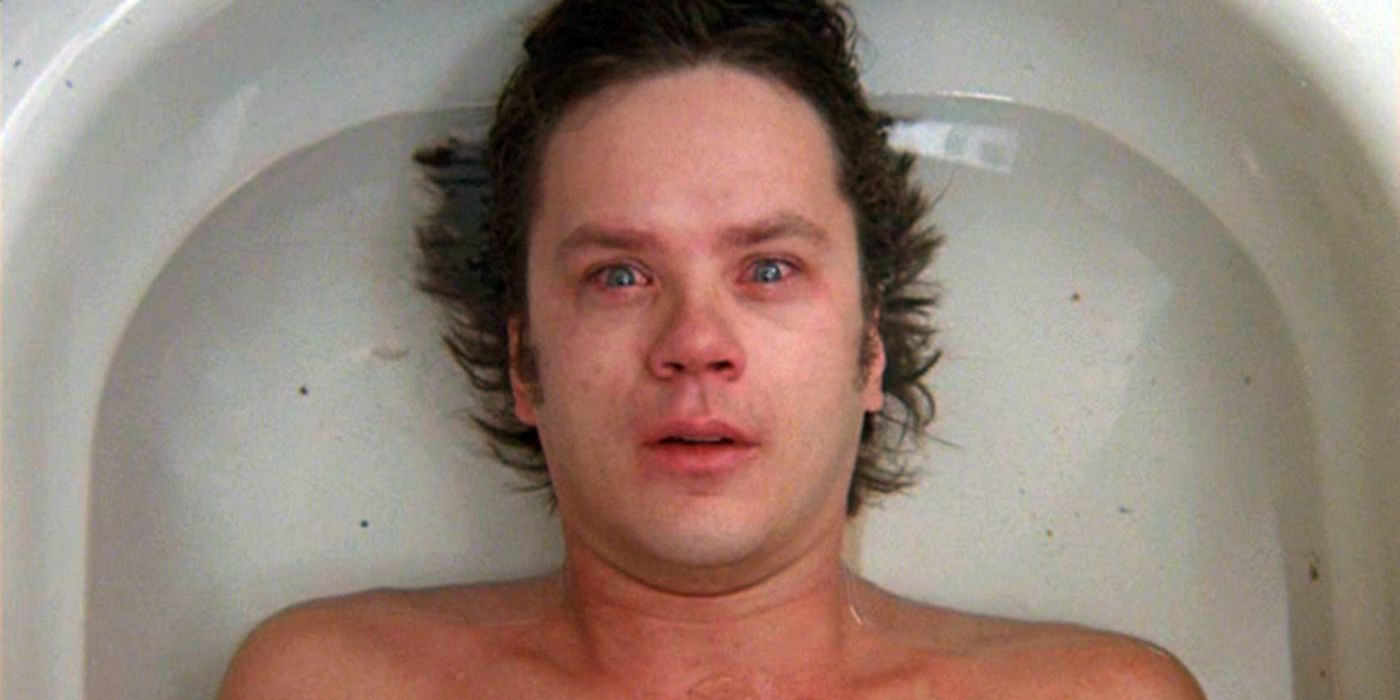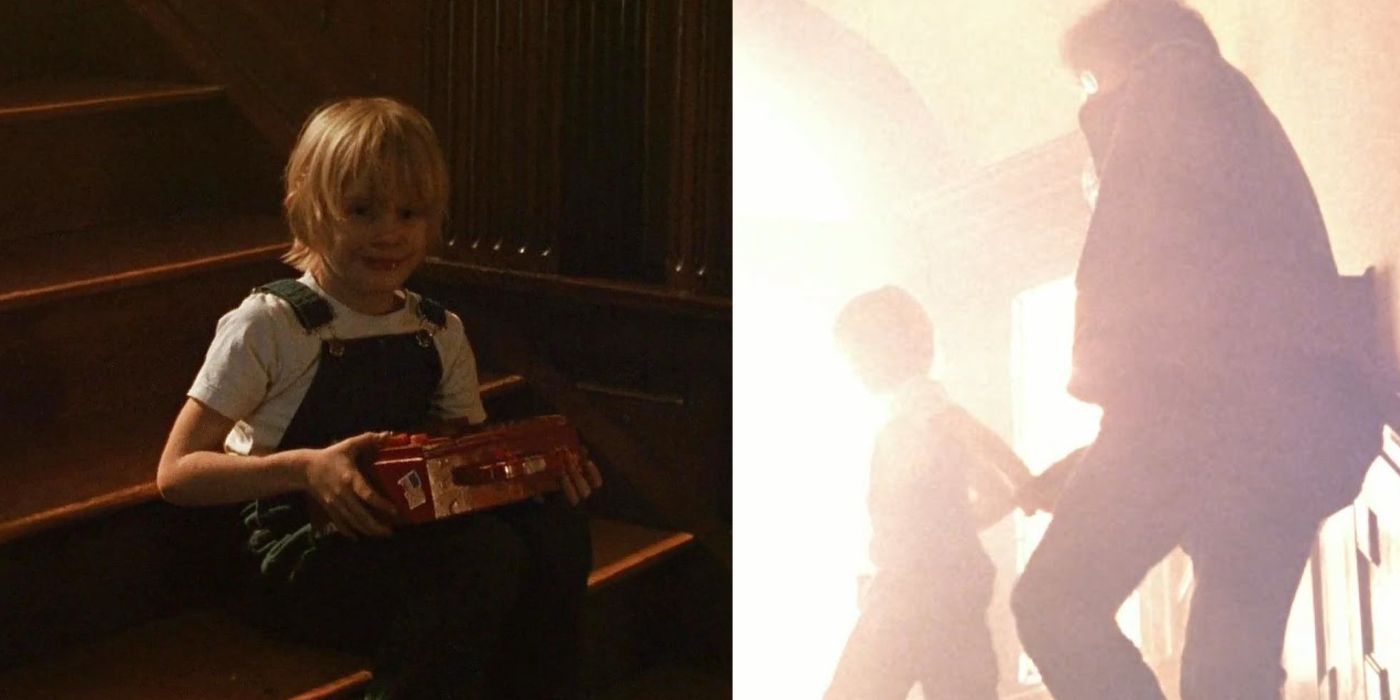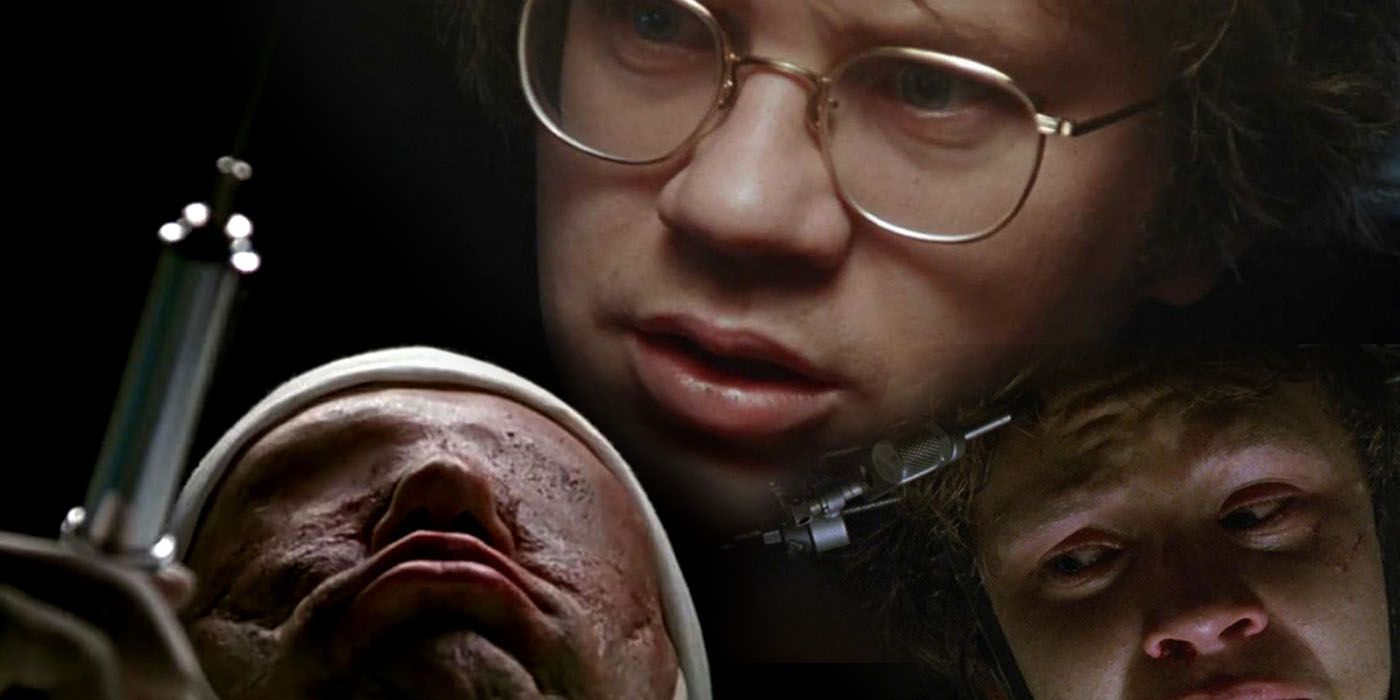Even though it didn't fare well at the box office in 1990, Jacob’s Ladder has endured as a cult classic with an ending that is quite puzzling and dark - even for the horror genre. Falling into multiple genres, Jacob's Ladder is essentially a psychological horror that deals with the trauma of Jacob Singer, a Vietnam War veteran who seems to have his own personal tragedies and hallucinatory visions both before and after the conflict. With Adrian Lyne’s directorial feature blurring the lines between Jacob’s past and present, the narrative can be a little difficult to follow for even the most attentive of viewers.
With so many themes to interpret, Jacob's Ladder is worth revisiting even if the 1990s wasn't a remarkable decade for horror movies. Even when there seems to be hope as the writers climb up to an eventual explanation, it is soon dashed as the writers create confusing twists that are bound to lead to more questions than answers. With Jacob experiencing wartime PTSD and struggling in the aftermath of his son’s death, it is worth wondering what reality Jacob was actually living (or dying in). Throughout the film, Jacob is convinced that he is either going to die or has already died and gone to hell.
The Ladder Was A Hallucinogenic Drug Used On Soldiers To Increase Their Anger
The Vietnam setting of Jacob's Ladder is apparent from the start with the film opening in 1971. But unlike other Vietnam War movies (such as Platoon and Full Metal Jacket), it doesn't just focus on the conflict-related trauma of American soldiers but also how their own government betrays them. As military chemist Michael Newman reveals to Jacob towards the end, the government had tasked him with experimenting on a hallucinogenic drug called "The Ladder" to increase the troops' aggression on the battlefield. Without their knowledge, Jacob's platoon was also dosed with this drug leading to a homicidal frenzy that turned the soldiers against each other.
It becomes clear that this drug-fueled bloodshed is what was hinted early in the film, misleading viewers to think it's just the enemy forces attacking Jacob and his colleagues. Jacob's Ladder's drug elements become largely relevant in the context of American history given how the government has been alleged of conducting such secret experiments. For instance, the CIA's Project MKUltra (Stranger Things also mentions it) caused lethal delirium among soldiers. Even the film's ending note mentions the drug BZ that it claims American government reportedly tested on its soldiers but denied the allegations (via Seattle Times). Such real-world consequences on actual soldiers only end up making the story more realistic and tragic.
Jacob Succumbs To His Injuries & Dies At The End Of Jacob's Ladder
It is established in the very final scene that despite putting up quite a fight to survive, Jacob couldn't survive the attack by his own forces in 1971. With the character finally dead, it is left for the viewers to interpret whether the other events outside Vietnam actually happened or were just a part of a terrible psychedelic nightmare caused by The Ladder. Be it in Mystic River or Shawshank Redemption, Tim Robbins has played many a troubled protagonist. Jacob might arguably be his most tragic performance but as he dies in the end, some may release a sigh of relief given that he is finally at peace now.
What Was Real In Jacob's Ladder?
It is highly likely that the "lizard people" that Jacob encounters are merely figments of his imagination, triggered to a demonic level by the forced intake of the military-prescribed drugs. Convinced that he is in hell, Jacob mistakes these hallucinatory creations of his mind as actual devils. Given that he dies in 1971, it is highly likely that most of the post-Vietnam War events were merely a dream given that these nightmarish settings unfurled in 1975. Given how time can pass in the course of a few minutes during dreaming, everything that happened after the War would have just transpired while Jacob lay on his deathbed.
A pre-Home Alone Macaulay Culkin starred as Jacob's son Gabe, who died in a tragic accident before the War. It's highly likely that this was indeed a real incident in Jacob's life and his grief over it would have only increased with The Ladder. Of course, like other soldiers serving in Vietnam, even his military service added more stress to Jacob's already-troubled mind. Following the theory that most of Jacob's Ladder was actually a dream, it can be deduced that Jacob tapped into his subconscious mind that seemed to be plagued with fears of mortality. This would also explain the palm-reader and surgeon who tell him that he's already dead.
What Does Jacob's Son Signify?
Much like the twist ending of The Sixth Sense (which many cinephiles argue was influenced by Jacob's Ladder), Jacob realizes that he is finally dead when his own dead son, Gabe, leads him up a staircase. The stairs lead towards a realm of bright light that is most probably heaven. Gabe himself serves as a metaphor for an angel, corresponding with the Biblical themes that are scattered throughout Jacob's Ladder. Before Gabe's vision, all that Jacob could spot were devilish ghouls. But going by how Jacob's chiropractor, Louie, recounts a theory by German philosopher Meister Eckhart, someone can only see demons when they are afraid of death.
Louie adds that Eckhart's theory concludes with the assumption that those who are at peace see these apparent "demons" as angels. While the monstrous beings that Jacob crosses paths with in the 1990 horror movie do not change into angels, Gabe's presence before his final death implies that Jacob has finally attained peace. He is ready to enter heaven with an angel disguised as his son. Most of the post-War scenes in Jacob's Ladder find the protagonist stumbling in dingy spaces like the underground train tunnel and claustrophobic hospital wards. In this sense, the ascending staircase towards the heavenly light serves as an interesting contrast.
The Real Meaning Of Jacob's Ladder's Ending
Led by Tim Robbins' emotionally convincing performance, Jacob's Ladder is an underrated classic and has left a lasting impact on the world, influencing the Silent Hill video game franchise and being referenced in a Rick & Morty episodes. A significant credit for its impact obviously goes to the multi-layered ending that could have been quite gimmicky due to most of it being a dream. But the intensity of these dreams and the real-life persnal tragedy that plagued Jacob ensure that Jacob's Ladder ends on a depressing yet thoughtful note. The weak-hearted might not wish to rewatch it but the viewers who are looking for deeper meanings and the subtle clues that foreshadow the ending, Jacob's Ladder is worth several viewings.


